This page features all the original speakers who were to be present at the conference. Most of them have been involved in the production of alternative content in French, but only a limited number of them appear on the English part is this website.

Line Beauchesne
Line Beauchesne, a Doctor of Political Science, specializes in philosophy of law and state. She is a professor at the criminology department of the University of Ottawa. She has authored many dissertations, articles and books on drug policy, among which La légalisation du cannabis au Canada, entre commercialisation et prohibition 2.0 (2020), Les drogues : enjeux actuels et réflexions nouvelles sur leur régulation (2018) and Les drogues : légalisation et promotion de la santé (2006). A founding member of the Canadian Foundation for Drug Policy (CFDP), she also takes part in several international research groups on drugs, among which the International Society for the Study of Drug Policy (ISSDP).
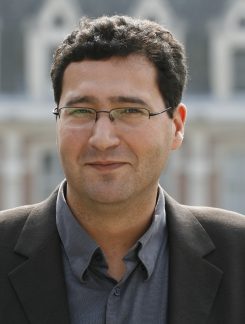
Christian Ben Lakhdar
Christian Ben Lakhdar is a professor of economy at the University of Lille. He has authored more that sixty scientific papers, book chapters and reports in the field of the economy of drugs and addictive behavior. His research topics include methods of cannabis regulation, the assessment of harm reduction tools and the functioning of illegal drug markets and their social and health consequences. He currently sits on the scientific committees of the Observatoire français des drogues et des toxicomanies (OFDT) and of Santé publique France (SpF). He works with the Global Commission on Drug Policy and other international organizations, and is a board member at the Comité national contre le tabagisme (CNCT).
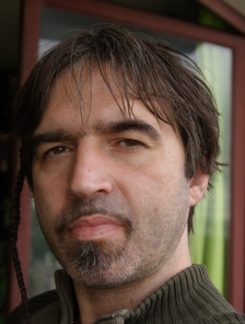
Pierre Chappard
Pierre Chappard was the chairman of Act Up-Paris from 2009 to 2011. Formerly the coordinator of the French Harm Reduction Network, he is currently the chairman of PsychoACTIF, an online platform created in 2006 as an internet forum. The goal of PsychoACTIF is twofold: on a practical level, it aims at helping people who use drugs through sharing experiences and providing scientific studies ; on a political level, it builds on the hundreds of thousands of stories gathered on the forum to change public policies and working practices in the field of addiction. With Jean-Pierre Couteron, he co-authored Salle de shoot – Les salles d’injection supervisée à l’heure du débat français (2013).

Nelson R. Das Neves Ribeiro
Nelson R. Das Neves Ribeiro is an assistant at the Léon Cornil School of criminological science (ULB), and a doctoral student at the Centre de recherches Pénalité, sécurité & déviances (ULB). His doctoral thesis aims to understand how the interaction between drug users and their social environments takes on meaning within their trajectory of drug use.
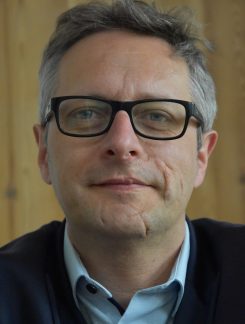
Tom Decorte
Tom Decorte is a professor of criminology and the director of the Institute for Social Drug research (ISD) of the University of Ghent. He is a co-founder of the Global Cannabis Cultivation Research Consortium (GCCRC). His research topics include patterns of use, supply on cannabis markets and implementation of local drug control systems. He has also been an advisor on drug policies to international organizations specializing in public health.

Bénédicte Desforges
Bénédicte Desforges is a former police lieutenant who worked both in the suburbs and in Paris, in an anti-crime unit she left in 2011. Her books, Flic, chroniques de la police ordinaire (2007) and Police mon amour (2011), tell some of the stories from her time with the police. She also advocates in favor of decriminalization of drug use on her blog, in articles she writes and in an open letter to the members of Parliament written in June 2018. She’s also one of the founders of Police contre la prohibition (PCP), a collective created in 2018.

Marie-Sophie Devresse
Marie-Sophie Devresse is a professor at the School of Criminology of the Université catholique de Louvain. She has also headed the Centre de recherche interdisciplinaire sur la déviance et la pénalité (CRID&P) between 2012 and 2016. Her current work is devoted to current transformations in the administration of criminal justice, in particular to the analysis of the electronic monitoring system of convicts. She is especially interested in the experience of litigants, and works on the experiences of both people who have been acquitted and convicted by international criminal justice.
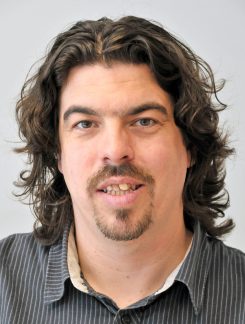
Jean-Sébastien Fallu
Jean-Sébastien Fallu is associate professor at the School of Psychoeducation at the University of Montréal. He carried out a postdoctoral internship at the Centre for Addiction and Mental Health, which is affiliated with the University of Toronto. He is a regular researcher at the Institut universitaire sur les dépendances, at the RISQ (Research and intervention on psychoactive substances), and at the CReSP (Public Health research center), and he is the founding chairman of GRIP (Psychosocial research and intervention group). He is also chairman of the journal Drogues, santé et société.

Christine Guillain
After practicing as a lawyer at the Brussels Bar Association for several years, Christine Guillain defended her doctoral thesis on « Factors of criminalization and resistance to decriminalization of drug use in Belgium. From international control to securitarian concerns » in 2009. She is currently a professor of criminal law and criminal procedure at the Université Saint-Louis – Bruxelles, where she heads the GREPEC (Research group on penal and criminal matters). She has authored numerous contributions to the field of criminal policy regarding drugs, among which: « Criminaliser, décriminaliser l’usage de drogues : une histoire sans fin » (2011), « Dépénalisation et décriminalisation de l’usage de drogues : tenants et aboutissants » (2013) and « La répression des drogues : comment sortir de l’impasse ? » (2020).
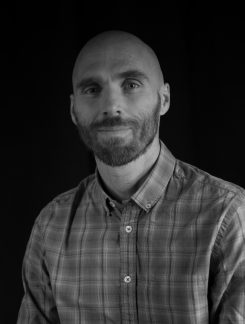
Grégory Lambrette
Grégory Lambrette, a psychologist and psychotherapist, is the director of Quai 57 – Suchtberodungsstell, an addiction counseling service from the arcus association. He is also the chairman of the Association luxembourgeoise de thérapie interactionnelle et stratégique (ALTIS), and a founding member of the Centre d’intervention et de communication systémique et stratégique (CICSeS). He has authored several papers and a book entitled Bateson, la sagesse systémique (2015). He is a member of the board of reviewers of the journal Psychotropes and of the editorial board of the journal Addiction(s) : recherches et pratiques.
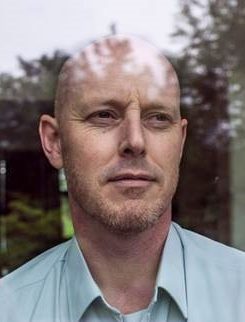
Peter Muyshondt
Peter Muyshondt is the commanding officer of one of the 185 local police districts in Belgium, located between Antwerp and Brussels. He graduated in criminology from the University of Ghent and has mainly worked in operational units like the Belgian Special Forces, the federal judicial police and the national airport unit. He is also active within civil society and is involved in several organizations, mainly in the field of drug use and relapse prevention. He is the founder of Urban Wolf, an organization working with people struggling with addiction and their relatives. He is also working closely with LEAP and Anyone’s Child, a campaign launched by Transform Drug Policy Foundation, which aims at changing drug policies.
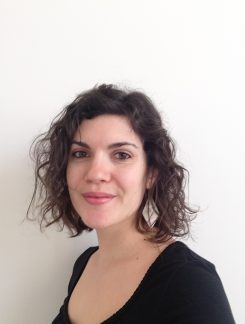
Marie Nougier
Since 2008, Marie Nougier has been Head of Research and Communication at the International Drug Policy Consortium (IDPC). Among other things, she supports IDPC actions in Latin America, where she participates in the coordination of a project aiming at reducing women’s incarceration rates for drug-related offenses. She is a member of the Core Group of the Civil Society Forum on Drugs (CSFD), and engages in networking, civil society capacity building activities, and policy advocacy, especially within the United Nations Commission on Narcotic Drugs (CND). Before her involvement with the IDPC, she has worked for the World Health Organization on issues related to mandatory detention of drug users in South-East Asia.
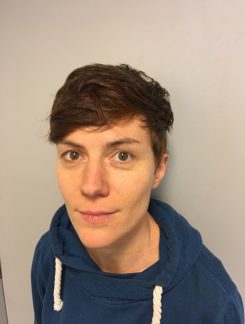
Anne Philibert
Anne Philibert is a doctoral student at the Institute of sociological research of the University of Geneva, where she is writing a thesis on alternative models of cannabis regulation in the United States, in Uruguay and in the Netherlands. Based upon a multidisciplinary analysis at the crossroads between sociology, political science and history, she examines the reassessment processes of the relationship between state, market and society as a key to understanding the emerging models of cannabis regulation. In 2019, with Frank Zobel, she published a book entitled Revue internationale des modèles de régulation du cannabis.
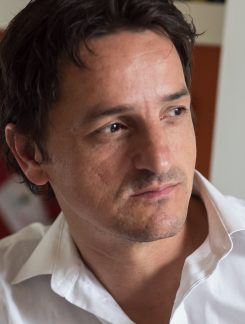
Steve Rolles
Steve Rolles has been a Senior Drug Policy Analyst at Transform Drug Policy Foundation for twenty years. Transform is a charity and a think tank whose goal is drug policy and drug law reform. Among his many publications are After the War on Drugs: Blueprint for Regulation (2009), Regulating cannabis: A Practical Guide (2013) and How to regulate stimulants, a practical guide (2020). He has also been an advisor on the topic of cannabis regulation to the Uruguayan, Canadian and Luxembourg governments, as well as editor and technical coordinator for two reports for the Global Commission on Drug Policy.
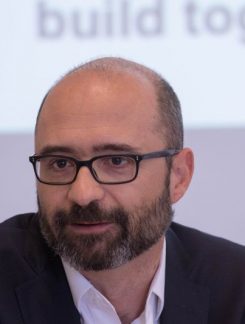
Jean-Félix Savary
Jean-Félix Savary is the secretary-general of the Groupement romand d’études des addictions (GREA), an organization of more than 400 individuals and numerous institutions whose professional or personal interest revolves around addiction. In this respect, he’s deeply involved in the political process of regulation and addiction management in Switzerland. He regularly contributes to the public debate, and specializes in public policy, coalition building and advocacy.

Amaury Verhoustraeten
Amaury Verhoustraeten is a lawyer at the Brussels Bar Association. His practice covers general criminal law and business criminal law. As an active member of the Bar Association’s office, he regularly assists suspects in custody during their first police interview. He is also an assistant lecturer for the Introduction to law course at the Université Libre de Bruxelles.

Neil Woods
Neil Woods used to be an undercover policeman specialized in drug cases. He’s a board member at the Law Enforcement Action Partnership (LEAP) in the United States and Europe, an international organization of law enforcement representatives advocating for evidence-based drug policies. With JS Rafaeli, he co-authored Good Cop, Bad War (2017) and Drug Wars (2019). He regularly writes articles for various publications including Police Oracle, Policing Insight and The Guardian.